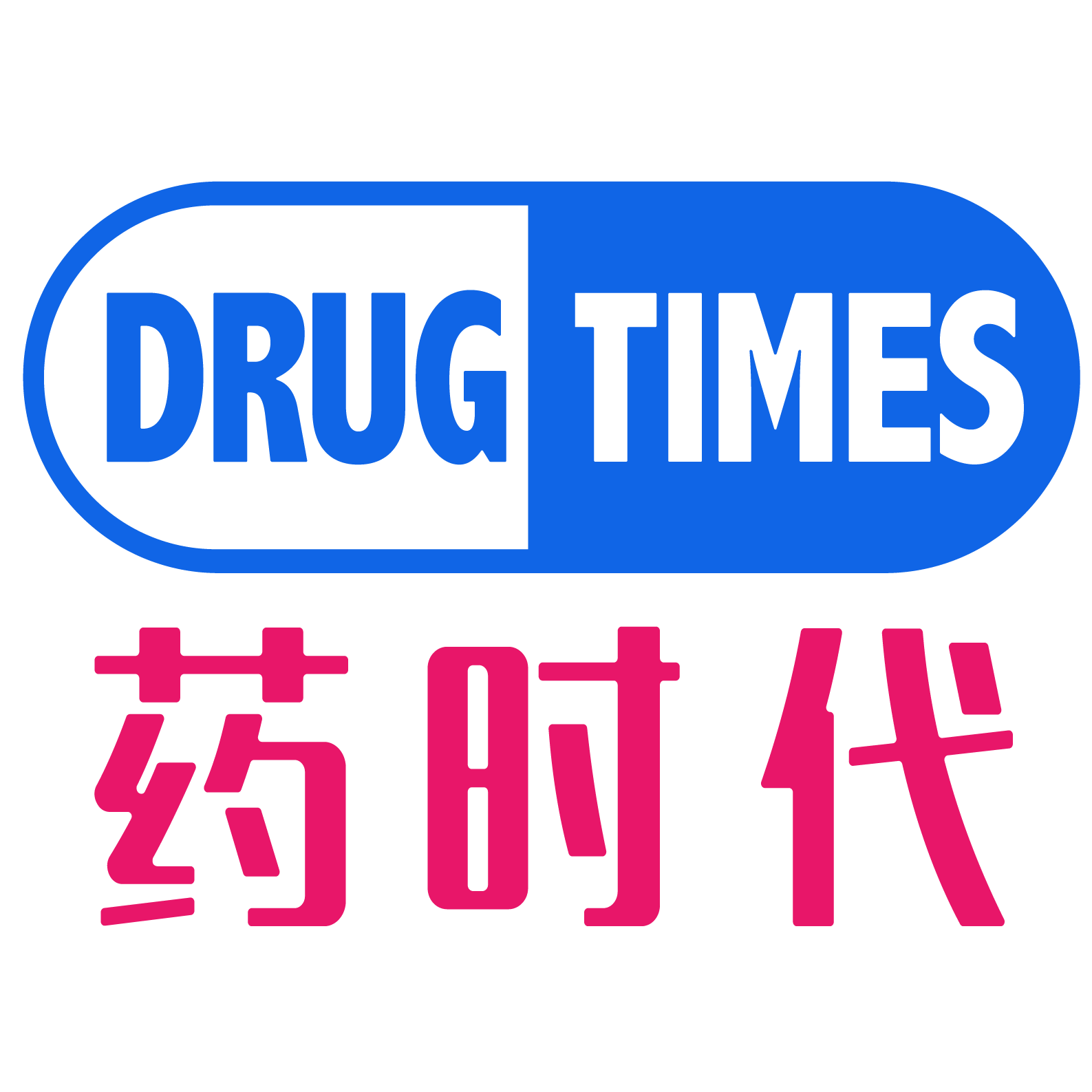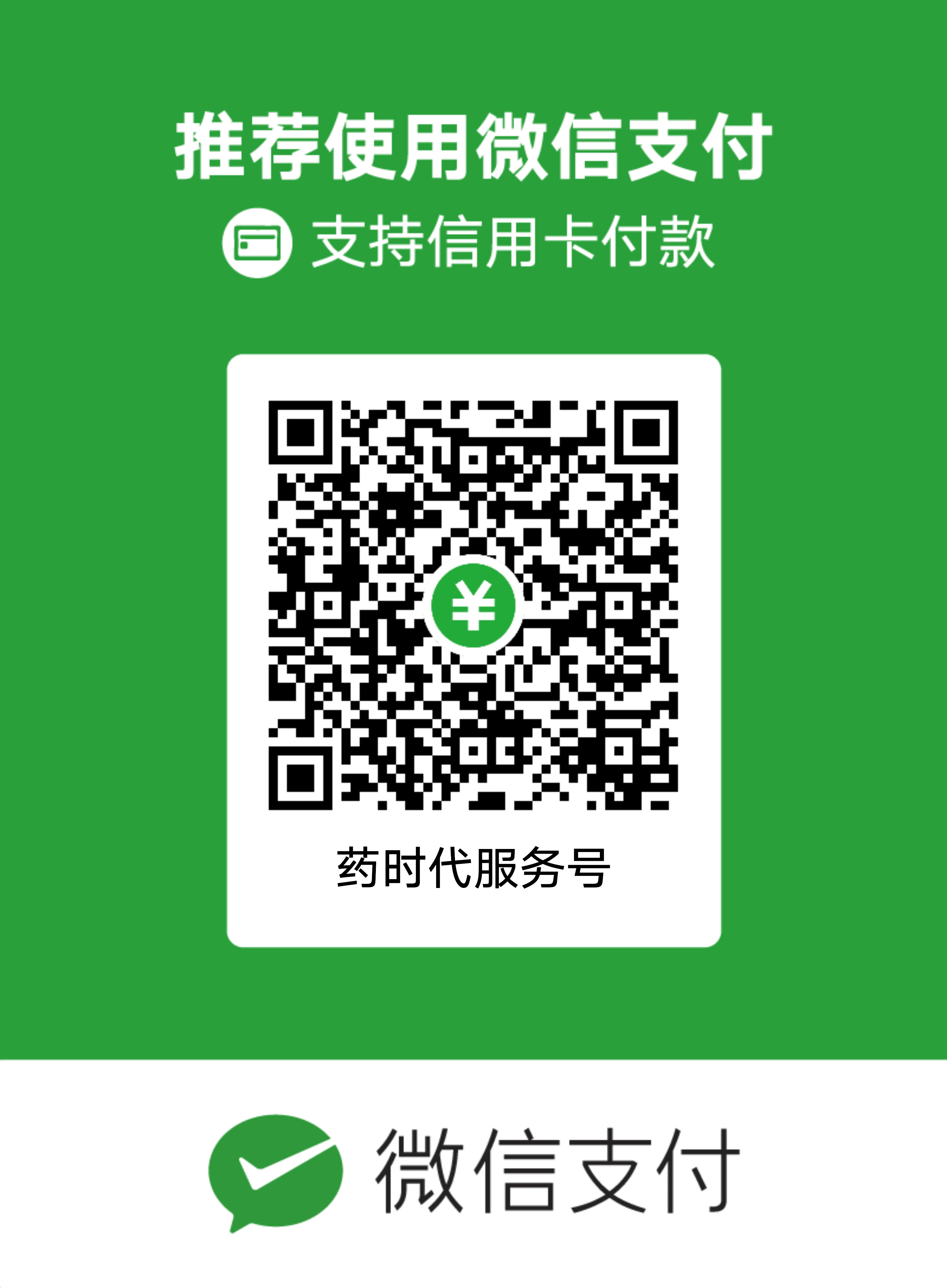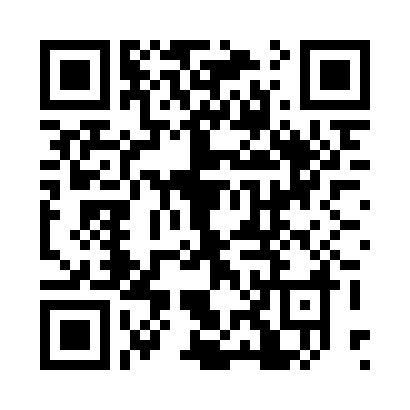
After the disclosure of an announcement jointly issued by the two companies, Innovent Biologics has become a strategic shareholder of IASO Bio.
In July 2024, the two companies announced that IASO Bio will purchase the global commercialization rights and intellectual property rights of Innovent Biologics’ BCMA CAR-T product, FUCASO® (Equecabtagene Autoleucel), at the agreed price, and will independently be responsible for and make decisions regarding the development, production, and sales of the product.
Equecabtagene Autoleucel, developed in collaboration by Innovent Biologics and IASO Bio, was approved by the NMPA on June 30, 2023, and officially launched in China.
This news implies that Innovent Biologics will completely withdraw from the research and development and sales activities of Equecabtagene Autoleucel, just as the product marks its first anniversary of being on the market.
At the same time, according to the press release, Innovent Biologics will invest the entire amount of this cooperation agreement into IASO Bio, and will thereafter hold 18% of the shares of IASO Bio. The official statement is that, based on the new cooperation framework, both parties will achieve a high degree of integration of resources in the field of cell immunotherapy.
Is the product not good enough?
After removing Equecabtagene Autoleucel from its pipeline, the only remaining CAR-T product in Innovent Biologics’ pipeline is IBI-345—a CLDN18.2 Modular CAR-T, which is currently in Phase I clinical trials.
As previously mentioned in articles, for the CLDN18.2 target, monoclonal antibody products are currently only approved for marketing in Japan and are expected to be approved by the FDA by the end of this year. In addition, since last year, several companies, including Innovent Biologics, have successively announced that their CLDN18.2 ADC products have entered Phase III clinical trials. Overall, the competition in the target track is quite intense.
FUCASO® (Equecabtagene Autoleucel) is the only marketed CAR-T product of Innovent Biologics and has been approved by the NMPA for the treatment of adult patients with relapsed/refractory multiple myeloma beyond the third line. It is worth noting that this is also the first BCMA-targeted CAR-T product approved in China.
Currently, the IND application for Equecabtagene Autoleucel for the treatment of relapsed/refractory multiple myeloma patients who have been treated with 1-2 lines and are lenalidomide-resistant, as well as in the direction of autoimmune diseases (refractory severe myasthenia gravis), has been approved by the relevant drug regulatory departments.
In addition, according to the oral report information of IASO Bio at the 2024 EHA, in a Phase I clinical trial for high-risk newly diagnosed multiple myeloma (NDMM) patients who do not meet the conditions for autologous stem cell transplantation, after treatment with Equecabtagene Autoleucel (with a median follow-up time of 7.46 months), 100% of the subjects achieved MRD negativity, and 71.4% maintained MRD negativity for more than 12 months. The ORR (objective response rate) of the trial reached 100%, and 93.8% achieved strict complete remission. This means that Equecabtagene Autoleucel shows great prospects in the first-line treatment of this patient population.
From the perspective of research and development, the early clinical trials of Equecabtagene Autoleucel are sending out positive signals.
The difficulty of commercialization
As is well known, the biggest challenge faced by CAR-T therapies, including Equecabtagene Autoleucel, is the difficulty of commercialization.
The domestic pricing for Equecabtagene Autoleucel is over a million yuan, and the price alone deters most patients. At the same time, for high-priced drugs like CAR-T, to enter the medical insurance system, the concessions from companies need to be significant. It is reported that the general discount for ordinary drugs entering medical insurance is around 60%, so even with the most conservative discount, a CAR-T product would need to be reduced by 600,000 yuan to be considered.
In fact, referring to the thresholds for some high-priced drugs entering medical insurance in the past, a CAR-T that has been reduced by 60% would still cost over 400,000 yuan, which is still high compared to other products within the insurance system. However, for companies, a price of 400,000 yuan, after deducting costs, is likely to lead to negative revenue.
According to an article in the “International Journal of Cancer,” the production material cost for each dose of CAR-T is about $43,000 (equivalent to about 310,000 yuan). Among them, the lentiviral vector used for CAR-T transduction accounts for 66% of the cost, and the magnetic beads used in the cell sorting process account for 14.4% of the cost. And this is just the most basic production material cost, without including R&D investment, failure risks, and subsequent promotion expenses.
Among the domestic CAR-T products, in terms of revenue level, the most successful to date is Legend Biotech’s CARVYKTI, which achieved a revenue of 500 million USD in the first full year after its launch and is currently growing rapidly. It is reported that its revenue for the Q1 of 2024 reached 157 million USD. However, this product has not yet been approved for marketing in China, and the marketing application was undertaken by CDE at the end of 2022.
Currently, the commercial promotion of several CAR-T products that have been marketed in China is also more focused on innovative payment methods, including places such as Shanghai, Changsha, and Suzhou, which have included CAR-T cell therapy in local customized medical insurances like “Hui Min Bao”.
Going against the trend?
The market size for CAR-T therapy is growing rapidly.
Some agencies predict that the demand for CAR-T therapy in China will reach 13,922 doses in 2024, with a market size of up to 1.64 billion yuan. At the same time, according to Frost & Sullivan data, this figure will reach 28.7 billion yuan by 2030.
In fact, looking globally, the enthusiasm of Chinese companies for CAR-T therapy is also quite significant. As of November 2023, the number of clinical studies of CAR-T cell therapy in China has reached 655, ranking first in the world.
As many companies continue to pour into this track, what is the consideration for Innovent’s decision to go against the trend and sell its products?
CAR-T therapy only accounts for a small proportion in the pipeline of Innovent Biologics. According to the pipeline update released by the company in March 2024, Innovent Biologics only has two CAR-T products and no other types of cell therapy products. Among them, Equecabtagene Autoleucel was developed in collaboration with IASO Bio, and the CLDN18.2 CAR-T was developed in collaboration with Roche.
Compared to other potential products in its pipeline, such as the GLP-1/GCGR dual agonist (Mazdutide), the anti-VEGF/anti-Ang2 bispecific antibody injection (in the ophthalmology field), IBI112 (targeting IL-23p19 in the autoimmunity field), and a series of ADCs targeting CLDN18.2, HER2, TROP 2 in the oncology field, as well as KRAS G12C inhibitors, these two CAR-T products may not offer high cost-effectiveness for Innovent Biologics.
When pipeline optimization becomes the choice of most pharmaceutical companies in the winter, transferring all rights of the product to IASO Bio, which is more focused on this field, may not be difficult to understand.
Reference:
- https://invivo.citeline.com/
- Official websites of various companies
- Other publicly available information
发布者:DrugTimes001,转载请首先联系contact@drugtimes.cn获得授权

 为好文打赏 支持药时代 共创新未来!
为好文打赏 支持药时代 共创新未来! 